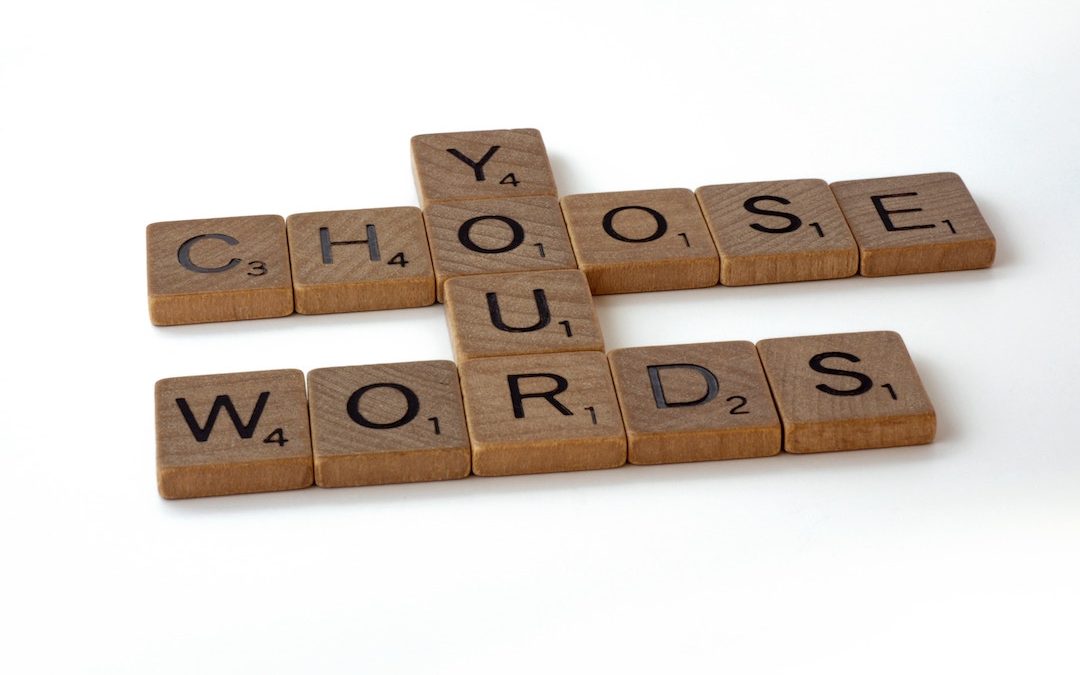
by Rachel Toalson | Uncategorized
Words have power. I know this as a writer. I know it, too, as a vulnerable, thinking, feeling person.
Words have stilled my pen—words that confuse, condemn, scratch fear down the length of my back. How is it that I can be, one day, so sure and the next so shaken by words?
The words followed me home. You write things that seem like you’re relying on your own power. You exalt yourself. You don’t have enough of the name of Jesus in your writing.
For a week I can’t write at all, the voices of my evangelical past rising from the oceans in which I cast them long ago when I was given a vision so sharp, so clear, I realized I didn’t need the approval—or understanding—of people anymore. I had a purpose, a plan, a talent that would be poured out on a world full of people in need of remembering who they are: significant, worthy, beloved.
All week I thought instead. I thought of all the people over the years who have tried to tell me who I need to be—some of them because I’m a woman, and in the evangelical church tradition in which I grew up that means I do not have authority to exercise my voice if it means I am placed in leadership over a man; some of them because I came from the wrong side of the tracks, so to speak; some of them merely because some enjoy presuming to know more about another’s life than the life-liver does.
I thought and thought and thought—about the man who said I’d never be a poet because he hated any poem that mentioned religion (or so I’d presumed my sophomore year of college; my ego could not construct another explanation at the time); the best friend who betrayed me and later told me it was because she didn’t want people to think I was perfect, oh, and also I was marrying the wrong person (I’ve been married to the “wrong” person for fifteen years and counting); the college advisor who told me I should choose a major besides “English with an emphasis on creative writing and Shakespeare studies” because what were the odds I’d find a viable job with a specialty like that and how many writers actually made a living off their writing—but hey, journalists did!; the pastor who told my husband he could not serve as a worship pastor at his church if I were a singer on the team because his church was the big leagues and I didn’t make the cut.
People have been trying to tell me what I’m supposed to do with my life for most of my life. Be a journalist—you have the writing chops. Serve the children’s ministry—you certainly have enough children. Speak more of Jesus’s name in your writings—it’s your purpose and mandate, right here in this Bible you claim to follow.
What people who presume to know what I am supposed to do with my life and my work and my family and my self always seem to forget about me is that I have never operated out of a deficiency of vision or purpose. I have known, for a very long time, what I am supposed to do and how I am supposed to do it. I don’t always get it right, of course, because I am not perfect, but I do always try to err on the side of love, least harm, most tikkun olam—the restoration of what has been broken.
We don’t all have the same vision, the same purpose; we are very different people, all of us needed in our different ways. We share some edges of purpose—to love, to shine light and hope into darkness and despair, to leave the world better and more just than it was before—but the specifics of our purpose are as different as we are. It would be a boring world, I think, if that were not true. As I use my pointed poetry to illuminate injustice, so another uses an allegorical story to address discrimination. As one uses dance to remind an audience there is beauty in the world, so another uses documentary photography. As one uses melody to sing a song of love, so another uses art to flood the senses with truth, which leads to understanding, which leads to worth and significance. Who can say that one is better than the other?
Some will, in fact, say one is better than the other.
I lost a week of writing because I am only human, because though I try to convince myself that I don’t care what other people think, that I only care about my mission and purpose, which I believe was given to me by God but which others might dismiss as anything but, I always find, at times like this, that I do care. But I also know that what comes between me and my vision and purpose—to love others as wholly as I can, to remind them who they are, to restore what has been broken in the hearts and lives of real, breathing people—deserves no place of power in my field of vision.
So I cast it away.
Tonight, for the first time in seven days—longer than I think I have ever gone without writing—I pick up my pen, the scratching sounds filling my silent bedroom like a sudden rush of water.
Beside me, I see the ghost of a smile graze the corners of my husband’s lips.
(Photo by Brett Jordan on Unsplash)
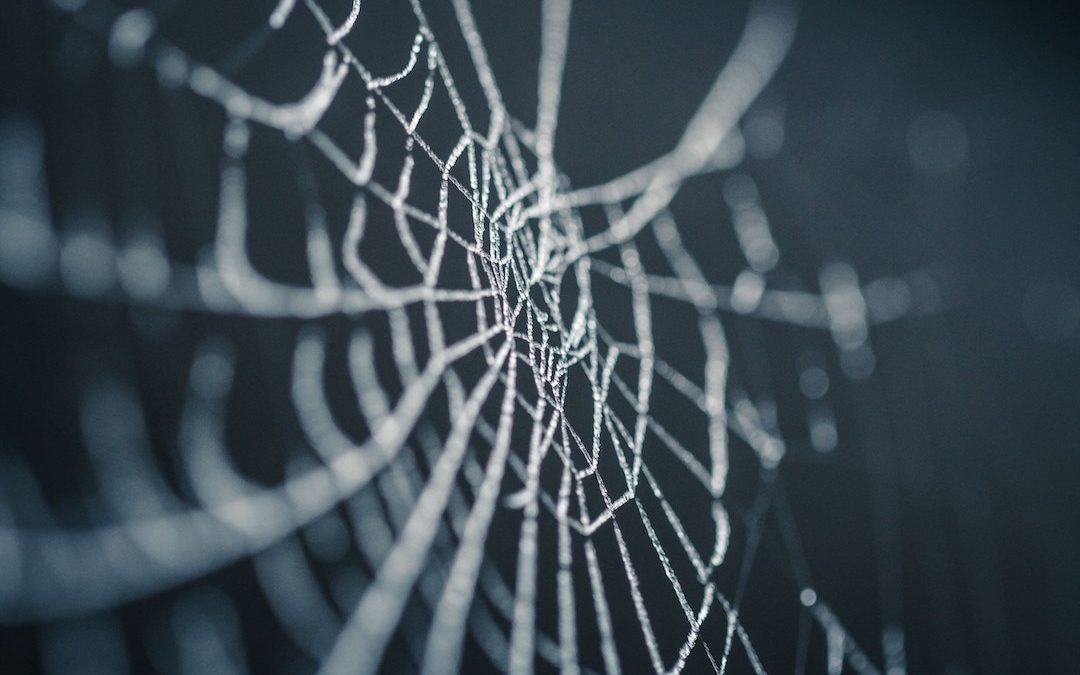
by Rachel Toalson | Crash Test Parents
I had just picked up my sons from school, and we were trying to get everybody loaded in the car. I was in the middle of strapping the baby in his seat, when my second son, who stood behind me, made an innocent observation: “Mama, there’s a spider on you.”
For you to fully understand the significance and weight of this innocent observation, I must tell you that I am the daughter of a woman who used to beat spiders to death with a broom when she found them crawling anywhere—all while shrieking hysterically. I am a woman whose son once dropped a spider on my lap because he picked it up and thought it was cool, and I ran away screaming in the middle of a worship set at church. I am also a woman who has had a spider drop into my lap while I’m driving, and I nearly drove off a cliff.
So when my son said this, I immediately felt the fear make my legs grow warm and soft. Heat rushed over my chest.
“Get it off,” I said rather calmly. I was quite proud of my calm.
My son merely stood there looking at my back, so I thought maybe he was kidding. Boys are pranksters, after all. I shook my head, tried to still my fluttering heart, and said, “You shouldn’t joke like that.”
My third son, who was already in the back seat of our van, leaned over at that moment to look. “Oh, my goodness,” he said. “It’s white. It’s almost in your hair.”
Something about the way he said it told me he wasn’t kidding. This was not a joke.
It was not my finest moment. Imagine, if you will, a woman flailing in the middle of a sidewalk near an elementary school, trying desperately to swat the spider off her back—and then add about twenty percent more hilarity and ridiculousness. That was me. I finally slammed my back up against my van, bruised my shoulder blades, and finished off the spider—or so I hoped. My sons couldn’t tell me one way or another, and I felt it crawling up the back of my neck all the way home.
Husband checked to see if it was gone when I walked in the house. He didn’t see anything, and I’m hoping that’s enough.
Some people, when they see me out and about with all my sons, will occasionally say something to the effect of “You’re a lucky mom to have all these boys protecting you.” This is usually when I’m walking into Target with Batman, Spider-Man, and Yoda beside me because they didn’t want to take off their costumes and I didn’t have the energy for a fight. But you get used to hearing things like that when you’re the mom of boys.
The problem, however, is that my sons are just as afraid of creepy crawly things as I am. They see a bug they can’t identify, and they high-tail it out of there. A scorpion moves toward them on the floor, and, rather than smash it with the shoe that’s on their foot, they skedaddle. A bee once chased one of them, and he nearly ran through a wall trying to get away.
When you become the mom of a son, you imagine your sons standing by your side, swatting away things like spiders and scorpions and bees without even batting an eye. These are the boys who forget to drain the tub and leave the toilet seat up and don’t want to hang up their clothes. This protection is supposed to make all that worth it. I’m not supposed to even think about insects or arachnids or whatever might come crawling my way.
When we got home, there was another spider on the floor, large and black and heading straight for the ten-year-old’s stinky feet (though I can’t fathom why). He refused to kill it, saying it needed to be relocated—and yet, when we all wondered aloud who might do the relocating, he pointed right at me.
We argued about it until we looked again and the spider was gone.
The worst kind of spider, in my opinion, is the one you know is there but can’t see.
This is an excerpt from Hills I’ll Probably Lie Down On, the fourth book of humor essays in the Crash Test Parents series.
(Photo by Nicolas Picard on Unsplash)
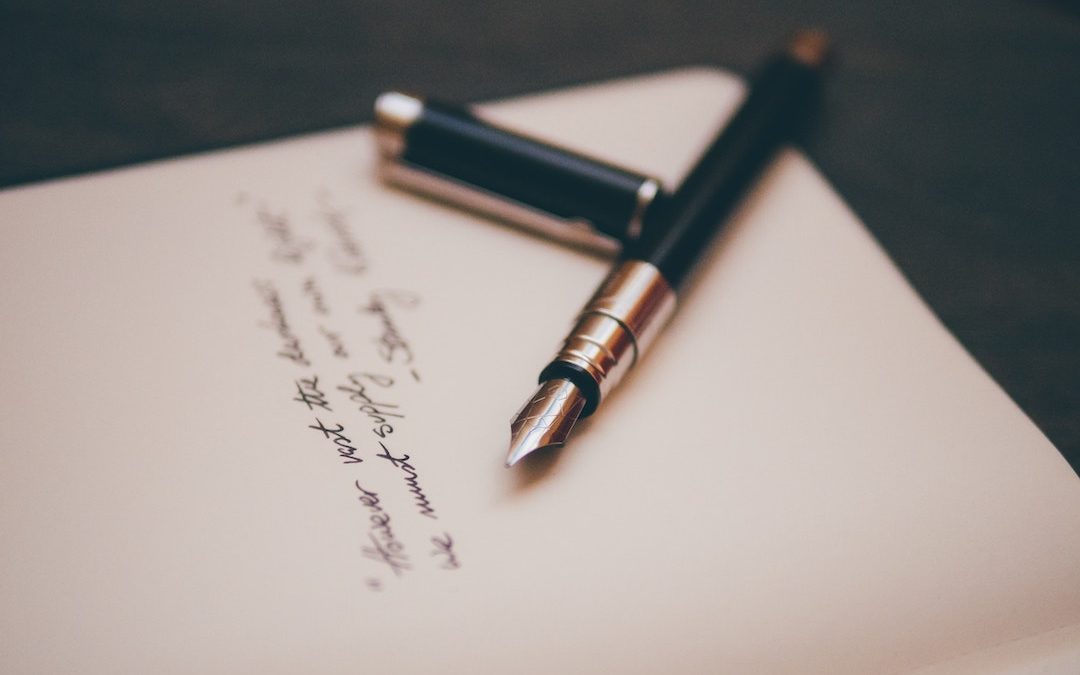
by Rachel Toalson | Uncategorized
The photos were alarming.
My mother, a librarian, had signed up for a deep tissue massage and ended up with two arms full of bruises. During the session, she’d voiced her discomfort. Was it supposed to be this painful? The masseuse told her that deep tissue massages are different than regular massages; they got down to the deeper knots and ironed them out.
And perhaps that’s true; I don’t know much about massage beyond the fact that I once dated a guy who was a masseuse (I was probably the most relaxed I’d ever been during the few months we dated).
My mother’s massage had gone wrong—one had only to look at her blue and purple arms to see that.
For the last several years I have been working on a memoir about the first summer I visited my father and new stepmother and half-siblings after my parents’ divorce. I have written and rewritten this story, over and over again, never completely satisfied and never, honestly, sure I want to go on. It is not an easy story. Those memories are not exactly comfortable to examine or even sit with for an extended period of time.
But writing is often like that deep tissue massage—the good kind. Of course we can go too far—press too deeply before we’re ready—but if we are careful, writing, whether it’s fiction, nonfiction, or poetry, can be like a gentle yet deep massage. Writing helps me come to terms with my past and the way it has shaped my present (and sometimes this piece alone is undeniably enlightening), and clarifies, too, what I will carry into my future. It may seem trite to some, but writing is, for me, a prayer—a prayer for healing, a prayer for tikkun olam (repairing what has been broken), a prayer of hope and love for the ones who read my work.
Because of this, I don’t ever deny myself access to difficult memories. I write essays about what terrifies me, humiliates me, pains me. Sometimes I have to wait months or even years to set that story down on paper, and sometimes the words will go no farther than my current writing journal, but the act of writing alone—my prayer—is the deep tissue massage I need to come to terms with, accept, and even flourish in spite of whatever has happened.
It’s been proven, time and time again, that writing is a therapeutic process. It mends painful memories, reduces stress, even helps pull the struggling out of depression (science proves this, but I have seen circumstantial evidence of it in my own life). It rids the body of toxins—as long as you don’t press too hard or get stuck in the wrong places.
In my writing, my prayers, my deep tissue massage, I can rewrite my past into something hopeful; something that proves I was never a victim, I was always loved, held, and worthy; something that can tell my readers the same.
I don’t know what I’ll do with that memoir I’ve been writing and rewriting. It will likely end up as a fiction story, since I’m not entirely sure I want it out in the world as nonfiction. But regardless of what happens from here, the simple act of writing it has already done its deep work.
It has written over the painful past in giant permanent-marker letters: redeemed.
(Photo by Álvaro Serrano on Unsplash)

by Rachel Toalson | Poetry
for so long
they’ve told you who to be:
don’t take it too personally
don’t cry too much
don’t dwell on it
don’t worry be happy
keep it all inside under cover
don’t talk about it
stop crying
be quiet
go outside and play
put down that book
put down that pen
get out of your head
listen to me
maybe lose some weight
today you shrug off those expectations
like a fleece coat you’ve been wearing
for too many summers
this is how
you shed the weight of expectation
This is an excerpt from the book of poetry, this is how you live, available in both ebook and paperback form.
(Photo by Brian Ceccato on Unsplash)
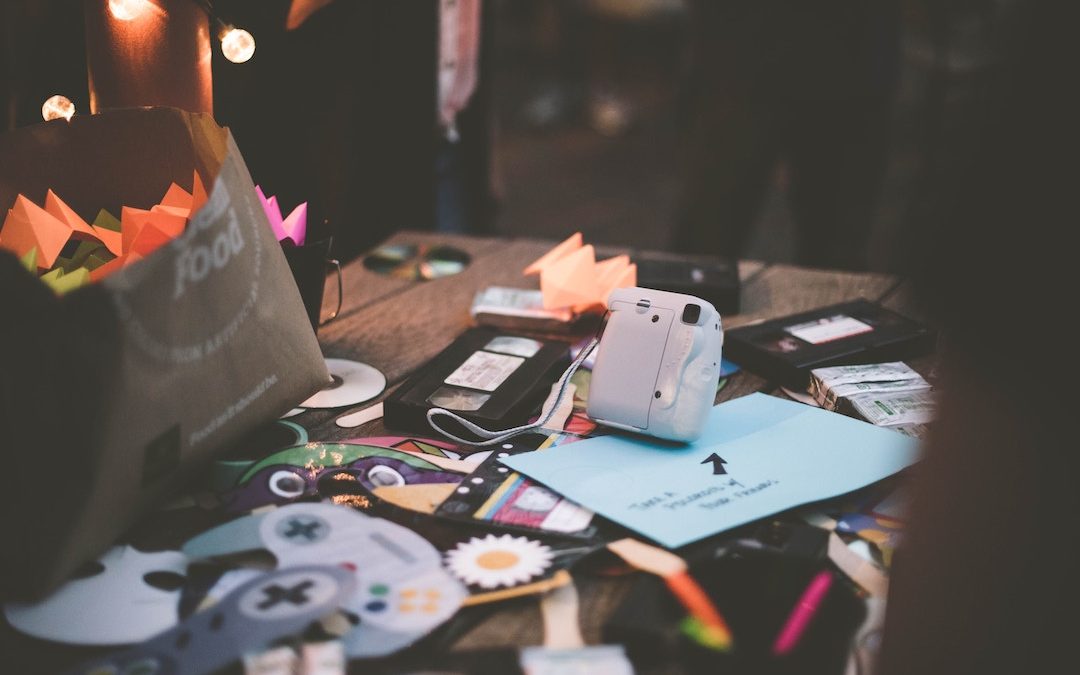
by Rachel Toalson | Crash Test Parents
Husband and I have been trying, since the beginning of the year, to not only make our house and habits more environmentally friendly but also embrace the concept of minimalism.
Owning fewer things is a much simpler, more environmentally friendly way to live, because the fewer things we own, the fewer precious resources it takes to make them. We want our sons to know and understand that every possession they bring into their lives has an impact on others and the state of the earth.
This particular part of environmentalism—the minimalism part—is an ideal that has had our hearts for quite some time; I am the kind of person who feels anxious when surrounded by too much stuff. And kids come with so much stuff.
But now that my sons are out of their infant and toddler stage, which is one of the most crowded (as far as things, time, and, well, everything else), Husband and I thought this would be a good season to focus on minimizing even more.
My original plan was to finish minimizing the house within the year, but since we’re still only on the first room, I think that goal might be a little idealistic.
The problem is kids.
They want to be a part of this process—and they should be; this is their home, too. But they are also really terrible at getting rid of things.
I recently spent an entire day going through every bookshelf in our house—and there are many; we have a designated home library, a library in husband’s and my office area and at least two bookshelves in each kid’s room. It’s no wonder this process took all day. I was proud of my efforts when, at the end of the day, I’d cleared off the equivalent of four entire shelves and stacked books with broken bindings and missing pages in one pile and books we’d outgrown or never really enjoyed reading in another.
I was all ready to congratulate myself for minimizing one of the most difficult things for me to minimize—books—when my 12-year-old walked in the room.
“Oh, wow!” he said. “I love this book!” He picked up a book from the discard pile that was flapping from the first few pages because it long ago lost its cover. He started to leave.
“Uh . . . What are you doing?” I said, perhaps a little too aggressively.
“Taking this to my shelf,” he said.
“No, you’re not,” I said. I proceeded to explain to him what the piles were and why they were necessary—which was a huge mistake. He dropped down to his knees and started rifling through the discard pile and the donation pile, rendering them no longer piles at all, as kids do so well. I went to fetch Husband for help.
Husband was much more reasonable than I was; he let our son choose three books from whatever pile he wanted, so long as there was room on his personal bookshelves and the books didn’t end up on the floor.
It’s been story after story of this same kind of thing. And I understand how difficult it is for kids to get rid of anything. They don’t have the experience we have to say that ridding ourselves of one thing makes way for something better—or simply opens up space to breathe. But they will. They’ll notice the difference, and while they may not learn from the first thousand experiences of this kind, eventually they will learn. And they’ll remember it when they grow up and have homes and families of their own.
So I guess I’ll keep chipping away at the reduction, letting them exercise their negotiation skills, and enjoying the wide open space of owning fewer things—however fleeting it is.
(Photo by Samantha Gades on Unsplash)
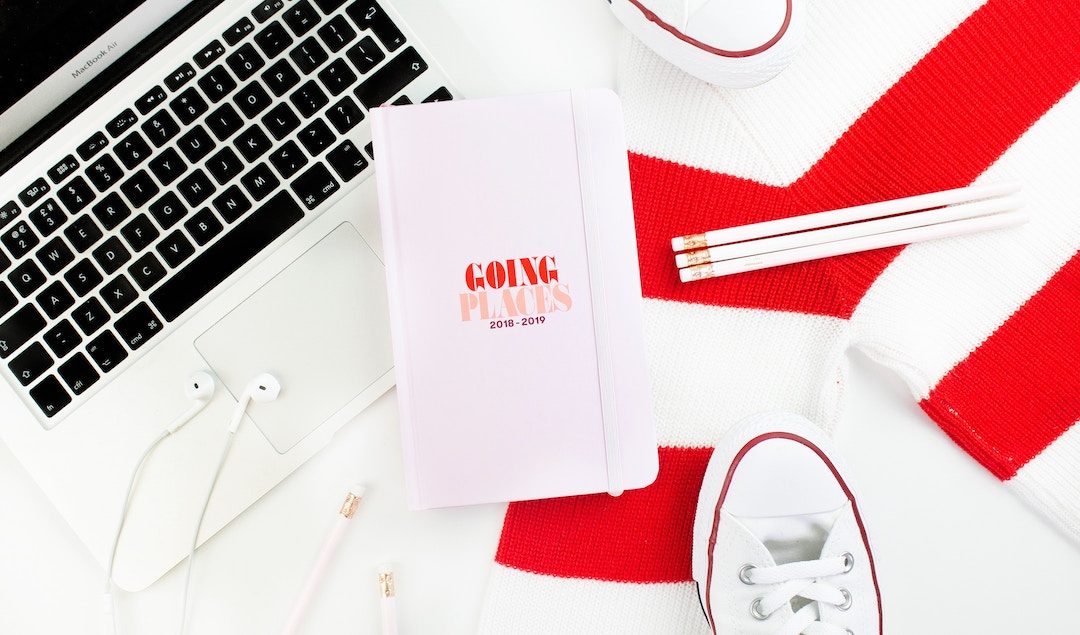
by Rachel Toalson | Wing Chair Musings
The other day my husband and I were finishing dinner for our sons, and I, having come off a high from my current work in progress, which finally hit its sweet spot after two weeks of struggling, said, “I don’t know if I’ve said this recently, but I really, really love what I do.
My husband hears this often; I can’t help but express gratitude for the gift of doing what I love—creating what was not there before. I love the entire process—research, brainstorm, drafting, revising, editing. It feels like a sacred process to me, where truth is mixed purposefully with fiction, reality merges with story, hopes and dreams and affirmations of identity crawl into carefully chosen words. It is, I believe, a great privilege to remind people who they are, to reassure them they are loved, to tell them they are not alone, we belong to each other, we can do hard things, there is hope.
I find exquisite joy and wonder and satisfaction in this act of creation. But that joy and wonder and satisfaction gets challenged when I accidentally consider one tiny little piece of the process: numbers and reviews.
At times in my writer journey, I have created something and put it out there for the world to see, and the numbers have disappointed—there aren’t enough likes, shares, hearts, comments, sales, whatever. Social media and the easy access of Internet often make it difficult for a writer to create without looking at the numbers, and those numbers, at least for me, are like misty clouds fogging up my joy.
Reviews are another beast entirely. My agent, who also wrote and published a book last year, recently shared a twitter thread about how one reviewer of her book kept persistently tagging her in a negative review of the book. The reviewer tagged her multiple times, almost as though she wanted to make sure my agent saw just how much her book was hated.
That’s enough to sometimes make a writer hold all her words close and forget about sharing them with the world. I often wonder if reviewers forget that a writer is a real person, a person who puts pieces of herself into her work, a person who works for months—sometimes years—to finish a project, a person who is full of insecurities and doubts and their own Voices of Doom that stem from their past and trauma and even, perhaps, already-noted reviews.
At the beginning of January, when I returned to work after two weeks of holiday with my family, I picked up a brand new project and I slogged through the writing of it that whole first and second week. Plaguing me was a review I’d read of my first traditionally published book, The Colors of the Rain. It circled through my head and sat near the back of my eyes so every time I closed them, which I do to visualize scenes, those negative words flashed neon bright. The reviewer, an adult, had called my book unbelievable, had said she couldn’t finish it. It didn’t matter that the same day she posted this review a fifteen-year-old boy had thanked me for writing the book because it looked so much like his life and he felt seen and understood and like his experiences mattered. My book validated his life, reminded him that he was worth something greater than what he’d been through.
So after the first two weeks of slogging, I sat down and had a talk with myself. I said, Remember your true audience. They need your book.
And then I got to work.
Not everyone will love what I create. That’s okay. The important thing is that I remember for whom I’m creating, and why, and I leave the rest behind.
Lives can’t be changed by contributions that don’t exist.
(Photo by Emma Matthews on Unsplash)

by Rachel Toalson | Poetry
sometimes your alarm
will go off in the morning
and you don’t want to
get out of bed and
you have so much to do
that won’t get done unless
you get out of bed and
you will lie there guilting yourself
for feeling too tired
too down
to climb out of bed
when you’re supposed to
climb out of bed
stay in bed
close your eyes
go back to sleep
sometimes we need more rest
before we face the day
this is how
you fight the monster strong
This is an excerpt from the book of poetry, this is how you live, available in both ebook and paperback form.
(Photo by Mattias Abulu on Unsplash)

by Rachel Toalson | Poetry
the wind bends trees;
how much more
will it bend you?
the wind twirls leaves;
how much harder
will it twirl you?
the wind rips off roofs;
how much longer before
it rips off yours?
but trees straighten
leaves come to rest
roofs can be repaired:
remember
this is how
you know you’ll survive
This is an excerpt from the book of poetry, this is how you live, available in both ebook and paperback form.
(Photo by Ben Neale on Unsplash)
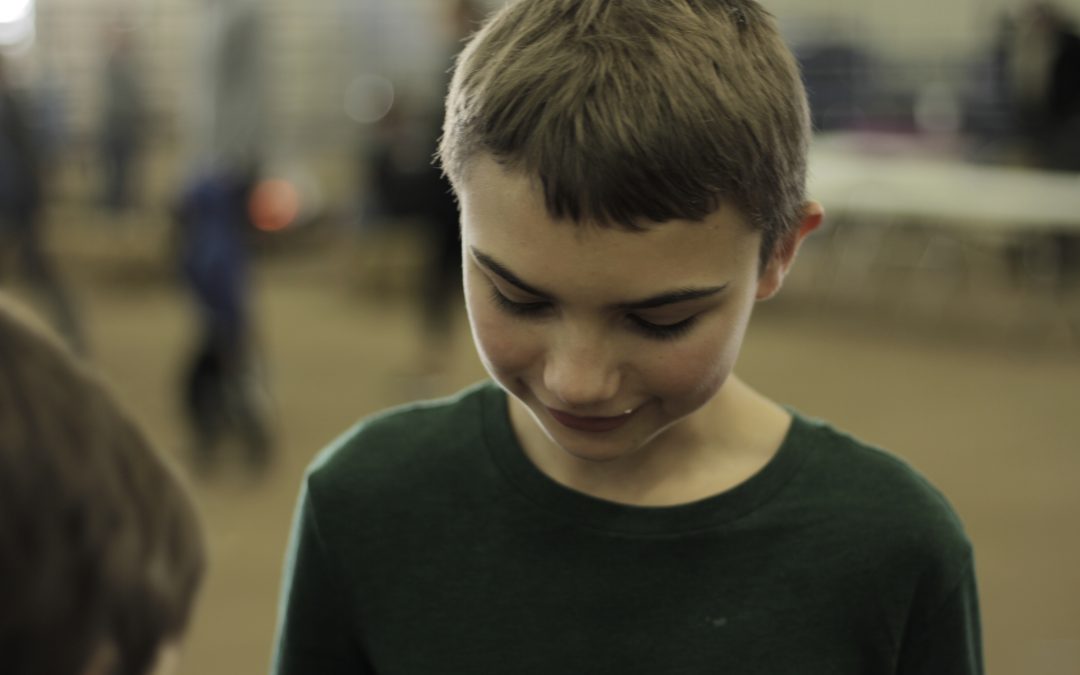
by Rachel Toalson | Crash Test Parents
There’s a boy in my house who requires constant, relentless reminders, even though he’s ten. I’m well aware that things could change as time does its maturation work, but I suspect he may always have a tendency toward forgetfulness. That’s a prediction based primarily on one fact: he’s very much like his daddy.
Sometimes, when he’s talking, he will forget what he’s saying in the middle of a sentence, and, rather than try to figure out where he was going, he will contentedly leave it hanging unresolved for everyone else. We’re either falling asleep or riveted, and both end in jarring realizations: one that he’s finally finished (or is he?) and the other that we may never know what it was he meant to say. If we like neat and tidy endings, this will drive us crazy for at least an hour. Not that I know.
The other day this son came downstairs and said in a voice that could only be described as urgent with a little bit of panic on the side: “I really need you to sign my permission slip.”
“What permission slip?” I said.
“The one I brought home.”
“Where is it?”
He looked at me like I had tentacles growing out of my face. “I put it on the counter,” he said.
I looked at the counter, where, after a week of not sorting through papers brought home from school, had a Leaning Tower of Papers (there are a lot of them around our house).
“You’ll have to find it for me,” I said. “I don’t have time to do it.” (I had a squirming baby on my hip who was begging for food.)
It would have been easier if I’d just done it myself, because by the time he was finished looking for this permission slip, there was no tower in sight. There was only a paper counter. As in, a counter made of paper
I signed the permission slip, handed it to my son, and kissed him on the mouth, even though he now prefers the cheek. Half an hour later, I found that same permission slip on the table, along with his homework. I raced the permission slip up to the school but left the homework where it was. I’m willing to let him face the natural consequences of getting a fifty on his homework if he forgets it but not the natural consequences of missing a field trip because he left his permission slip at home.
I hardly ever see this kid’s school work, because he typically forgets it at school. He is the four-year recipient of the Grossest Lunch Box Ever, or he would be if such an award existed, because he forgets to bring it home most frequently and perpetually. He’s the kid with the most pairs of shoes out in the van because he forgets he was wearing any once we’re home from wherever we went.
He’s also the kid who most consistently leaves things out and, hence, misplaces them. He will peel off his skinny jeans because he doesn’t like how tight they are and I made him wear them for family pictures, and then, when it’s time for said family pictures, he won’t be able to find them. He will blame his brothers for stealing all his LEGO mini figures and then find them in a box in his room, where he put them before he left for school today so his brothers wouldn’t mess with them. He will misplace autobiographical journals and find them buried under a carpet of books in the library (I can’t be held responsible for reading misplaced journals. Just saying.).
He is the kid who brings home the most notes about missing homework, has the largest fine at the library, and needs the most plentiful number of socks. His organizational skills (or lack thereof) have cost us quite a bit of money and time over the years.
I think I might just have to get used to that.
He’s ten now. The other night we went to church, and he had to bring all his new LEGO mini figures inside with him, crammed into his pockets. We were at the church a little longer than anticipated, and because his mom gets a little anal about the proper amount of sleep, we were rushing to get out of the parking lot.
We were almost to the highway that takes us home when our son said, “Oh no!” in that panicked voice he reserves for Things That Are Lost Forever. I knew what he was going to say before he said it. “My mini figure!”
“We’ll be back on Sunday,” Husband said. “You can get it then.”
We crossed our fingers for a docile agreement.
But this boy happens to be our strong-willed boy, too, so what we got was the complete opposite: crying and raging and calling us the Worst Parents Ever for about fifteen miles down the road, and then, for the rest of the trip home, a series of blaming exercises, during which he invented elaborate stories about which brother had been responsible for the disappearance of this mini figure.
Half an hour later, we were home. He got out of the car and stuck his hand in his pocket—the why doesn’t matter; it’s the what that counts.
What did he find?
The missing mini figure. It had been there, in his pocket, all along.
He smiled sheepishly, apologized to everyone he’d blamed (which was everyone in the car), and said, with a nervous laugh, “Maybe I should check my pockets better next time.”
You think?
This is an excerpt from Hills I’ll Probably Lie Down On, the fourth book of humor essays in the Crash Test Parents series.
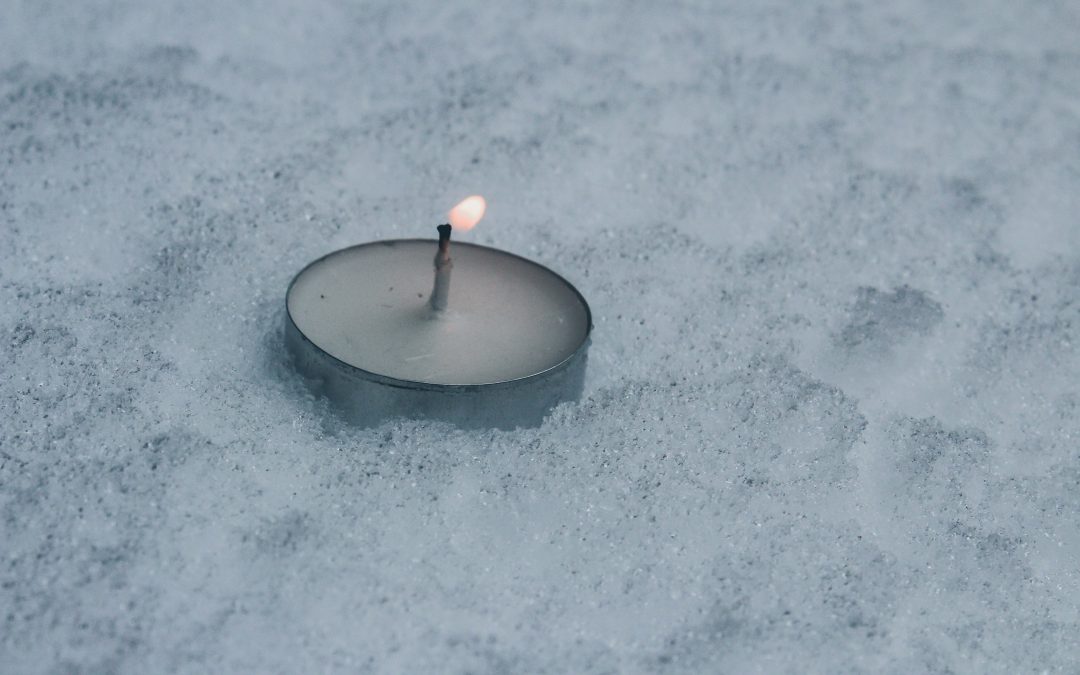
by Rachel Toalson | Poetry
at the bottom
you remind yourself
there are
one in four people in the world
living with brain disorders
and mental illness
this is how
you remember you’re not the only one
This is an excerpt from the book of poetry, this is how you live, available in both ebook and paperback form.
(Photo by 𝚂𝚒𝚘𝚛𝚊 𝙿𝚑𝚘𝚝𝚘𝚐𝚛𝚊𝚙𝚑𝚢 on Unsplash)











